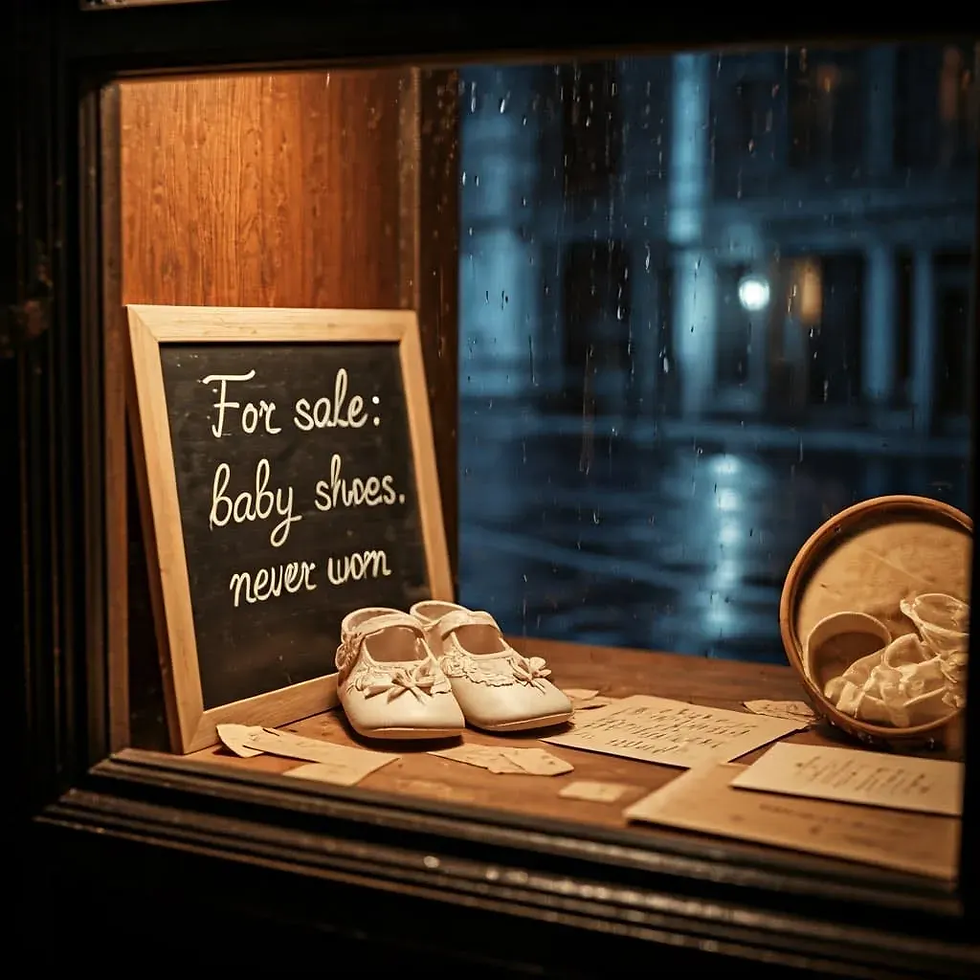Scent Intensifies Thrillers
- C. L. Nichols

- Aug 13, 2025
- 3 min read
How Smell Warns, Triggers, and Terrifies

When people think of thrillers, they picture dark alleys, heavy footsteps, and sudden silence. There’s one detail that gets ignored. Smell.
Scent is tied to memory, emotion, and instinct. When used right, a thriller scene feels dangerous and personal.
Writers focus on what characters see and hear. Visuals and sound are easy to show. Scent works differently. It’s invisible.
A character walks into a room that smells like bleach, gasoline, or rotting meat. It doesn’t need to say more. We know something’s wrong.
Think about a crime scene. The metallic smell of blood is thick, sharp, and hard to ignore.
Add the sour stench of fear sweat, the bitter tang of gunpowder, or the sweet rot of spoiled food. Suddenly the scene feels alive. These smells describe the space and shape the mood. Danger feels close.
Scent is also a warning. A killer’s cologne that lingers in the hallway. The faint smell of smoke before a fire breaks out. The odor of mold in a hidden basement. These details build suspense and give clues. The reader leans in to figure out what’s next.
Scent triggers memory. A detective smells a certain perfume and remembers a victim. A survivor catches a whiff of motor oil and flashes back to a car crash. These moments are emotional and layered. They connect past and present. They make the fear personal.
Scent can slow things down. A chase scene through a fish market isn’t just dodging people. It’s the stink of raw seafood, the wet pavement, the sour air.
A character smells something that isn’t there. A burning smell, a strange perfume, or something rotten. They signal paranoia, trauma, or hallucination. It’s a subtle way to show that something’s off.
A character reacts to a smell. They cover their nose, gag, or freeze. We know something’s important. Danger is near, even if we can’t smell it.
Scent is underused but effective. Here are examples that show how smell increases tension, deepens character experience, and signals danger.
Crime Scenes
Rotting flesh: In murder scenes, the smell of decomposition sets a grim tone. It’s unpleasant and a sign that something terrible happened.
Bleach or ammonia: These cleaning chemicals suggest someone tried to cover up a crime. If a detective walks into a room that reeks of bleach, they know something’s been wiped down.
Gunpowder: After a shooting, the metallic scent of gunpowder lingers. A weapon was fired recently, even if the shooter is gone.
Psychological Thrillers
Phantom smells: A character smells smoke when there’s no fire, or perfume when no one’s around. These hallucinated scents hint at trauma, mental illness, or suppressed memories.
Childhood triggers: A villain’s cologne reminds the protagonist of a childhood abuser. This scent becomes a recurring signal of vulnerability.
Mold and mildew: A character trapped in a basement notices the earthy smell of mold. It adds claustrophobia and sense of decay.
Suspenseful Investigations
Gasoline: Detectives who investigate arson catch the oily scent of fuel. It’s a red flag that something’s about to explode.
Burnt plastic: The smell of scorched electronics signals tampering or sabotage.
Chemical odors: The scent of formaldehyde or ether suggest illegal experiments or hidden bodies.
Setting-Based
Abandoned buildings: These carry a mix of dust and animal droppings. The smell makes a character hesitate before entering.
Sewers or tunnels: The stench of stagnant water adds discomfort to underground scenes.
Forests and wilderness: The smell of wet earth and decaying leaves can be peaceful, or ominous. What lurks nearby.
Character-Driven
A killer’s signature scent: Some thrillers use a specific smell, like tobacco or a rare cologne, as a calling card. When the protagonist smells it, they know the killer is close.
Fear sweat: A victim notices their sour body odor, which adds realism and shows fear.
Alcohol breath: When a character smells this on someone’s breath, it can signal unpredictability or a loss of control.
Scent adds tension and realism. It sticks with the reader long after the scene ends.






Comments